Wheat Insects
All Wheat Insects Content

Crops
During the growing season, SDSU Extension provides weekly production recommendations.

South Dakota Pest Management Guides
The South Dakota Pest Management guides are now available for free. The guides offer recommendations for controlling weeds, insects, and diseases in a variety of South Dakota crops.
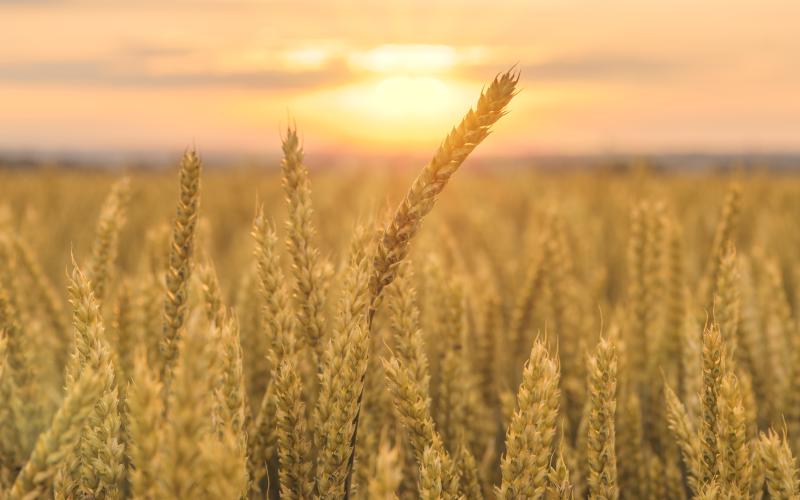
Wheat
The SDSU Extension team provides unbiased, research-based information to help wheat growers make decisions to improve yields and profits.
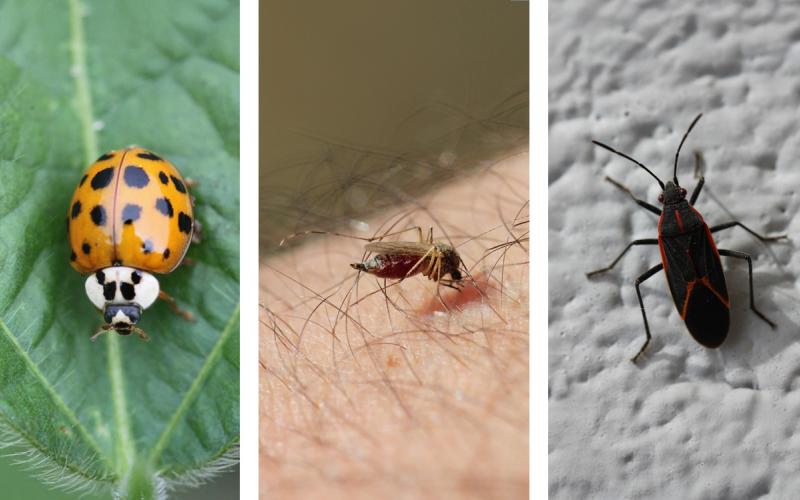
Insects Are Being a Nuisance This Fall
The weather is changing, and many of us are noticing an uptick in the nuisance bites caused by several insects. The continued warm weather is going to increase the activity of all insects, including the ones that are causing us displeasure.
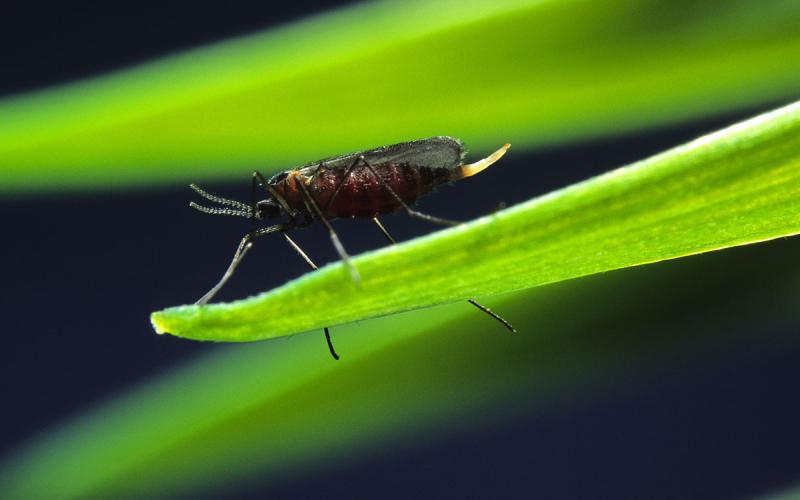
Hessian Fly: Winter Wheat Planting Date Considerations
As winter wheat planting rapidly approaches, there are many factors that should be considered. One of those factors is choosing a planting date to avoid Hessian fly issues. Learn some expert tips for selecting a safe planting date for your region.
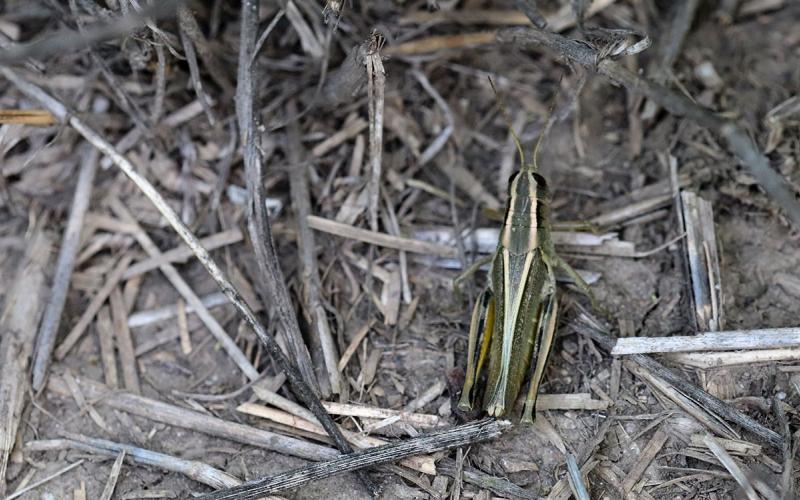
Monitor Emerging Winter Wheat for Grasshopper Populations
Large grasshopper populations have been observed in many areas of South Dakota. It is important to scout winter wheat fields for grasshoppers before and after planting, especially in areas where large populations have been identified.
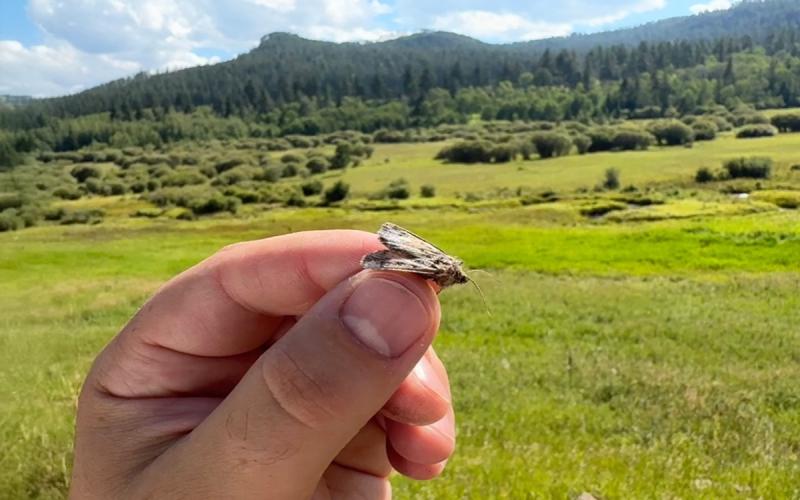
Army Cutworm Migration Swarms Detected in Western South Dakota
Mass populations of army cutworm moths are being reported to entomologists at South Dakota State University. Thus far, these migratory swarms have only been observed in far western South Dakota, particularly within the Black Hills.
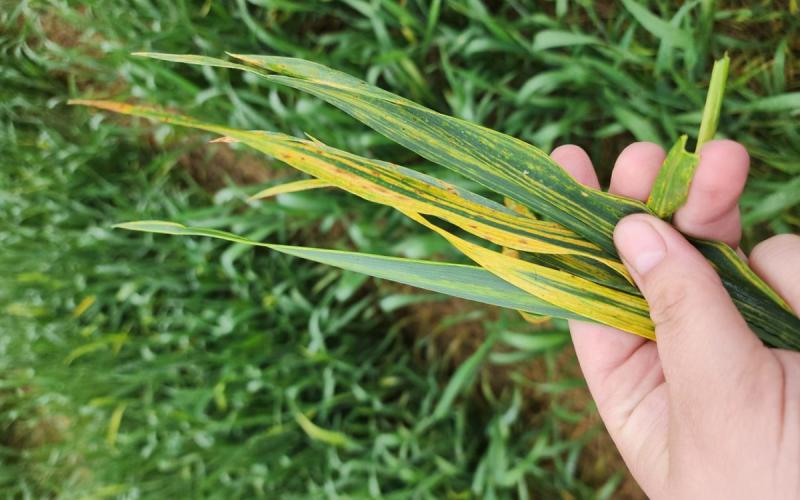
Wheat Streak Mosaic Virus Complex: Breaking the Green Bridge
As wheat harvest proceeds, it won’t be long until winter wheat planting is underway in South Dakota. To effectively reduce wheat streak mosaic virus, it is important to manage the green bridge effect to slow spread of disease in newly emerging wheat fields.

Volunteer Wheat and Kochia Management With Herbicides Will Likely Require Two Passes
Wheat curl mites, which carry wheat streak mosaic virus, use volunteer wheat and grass weeds as secondary hosts to infest recently planted winter wheat crops. Therefore, effective management of these plants before winter wheat planting is critical.
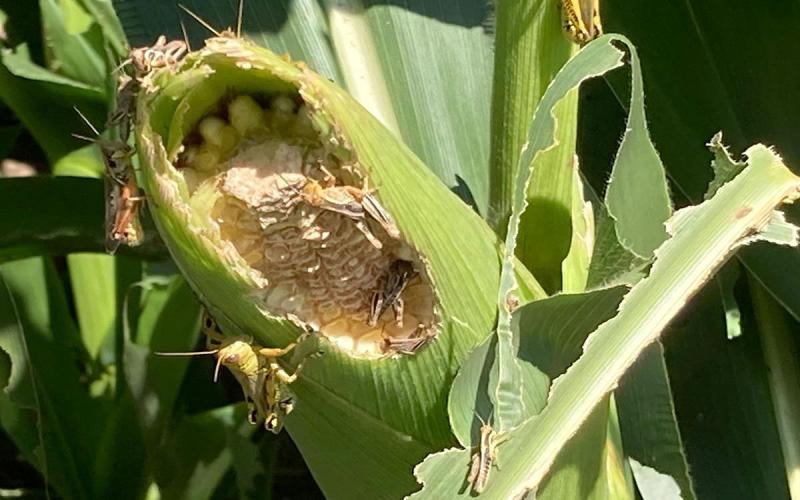
Grasshopper Populations Continue to Cause Issues in South Dakota
Recent reports of crop loss along field edges indicate that grasshopper populations in some areas of South Dakota are well above threshold. Unfortunately, crops are often the target of these moving populations.